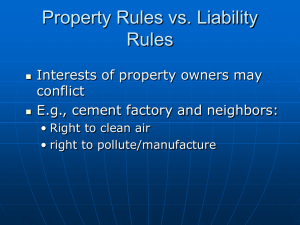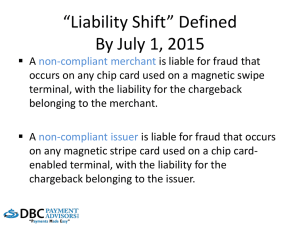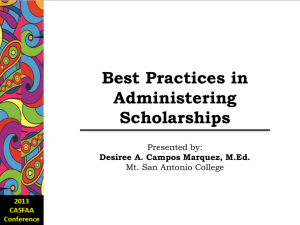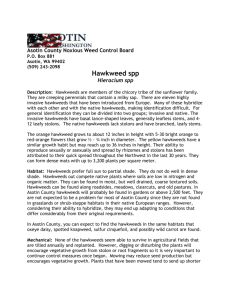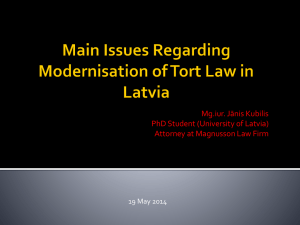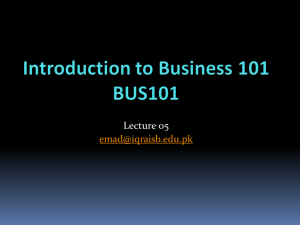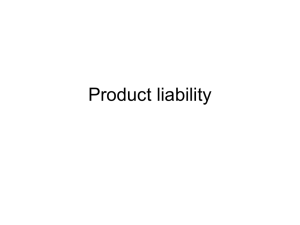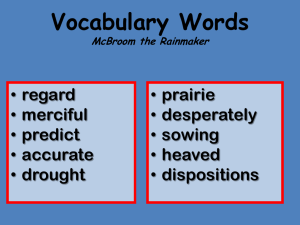PROFESSIONALISM FOR TEACHERS
advertisement
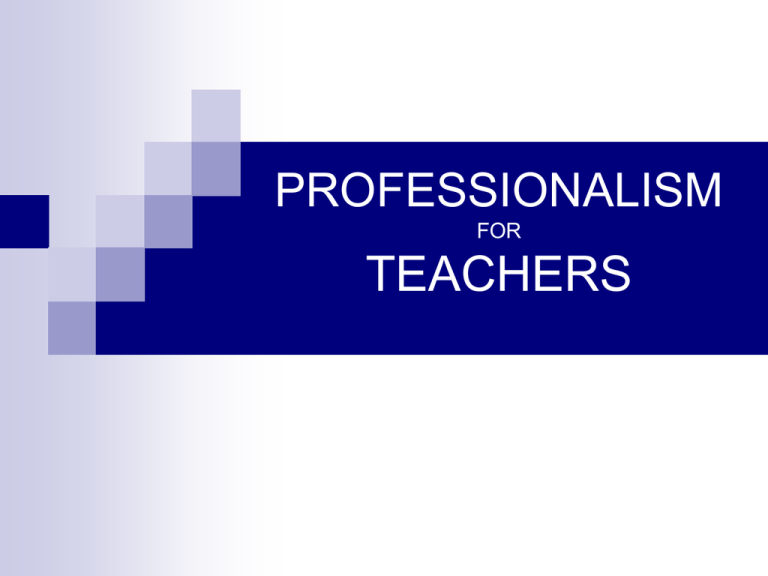
PROFESSIONALISM FOR TEACHERS Teaching is a profession … Therefore, teachers are expected to display appropriate, professional behavior, appearance and dispositions. Professional Dispositions The values, commitments, and professional ethics that… Influence our behaviors toward students, families, colleagues and communities… Affect our student’s learning, motivation, and development… Guide our professional growth, guided by beliefs and attitudes related to global values such as: Professional Dispositions Caring, fairness, and honesty Responsibility and sense of social justice Attendance and punctuality Self-initiative & independence Reliability & dependability Desire to improve,with appropriate response to feedback Critical thinking skills Appropriate think-on-your-feet,“with-it-ness”& multi-tasking Collegiality Commitment to the teaching profession Professional ethics & demeanor Developing challenging curriculum Professional Conduct Have classroom & material prepared & organized Consistently demonstrate professional writing skills- all writing will be evaluated as if you were a professional educator in a public classroom. Neatness, spelling, grammar, penmanship, tone, citation and referencing counts. Professional Conduct Consistently demonstrate professional oral language skills Appropriate language, tone of voice, etc. is expected. Common concerns and issues: -cursing/swearing or use of objectionable words -derogatory, racist, sexist, or demeaning jokes, remarks, and ‘slurs’; personal remarks about religious or political views to students or staff -personal remarks about students or staff -argumentative or aggressive verbal tones -incorrect grammar and usage Professional Conduct Avoid use, distribution or dispensing of tobacco products, drugs (illegal or legal), or alcohol on site or away from site with students Dresstake a more conservative approach Observe staff, then go up a “notch or two” Guys – shirts with collars, ties optional, sweaters Gals – Comfortable skirts & dresses, avoid revealing attire Either guys or gals - Khakis, cords, slacks, Dockers style pants Fridays with competition – Pirate gear! Dress - continued Be conservative, practical & professional Do a mirror test: Bend over, stretch, lean down, and kneel – if you can see skin where you shouldn’t, don’t wear it to school. Common personal appearance concerns: Casual, worn blue jeans – except Pirate gear days Mini and low-rise skirts Crop tops, low cut tops, or spaghetti straps T-shirts with logos/words –other than school sanctioned Common personal appearance concerns: Low-cut pants & “baggy britches” Strong scented perfumes, aftershaves, tobacco odor “Spiky-high fashion” shoes & beach-y “flip-flops Hats Obvious/excessive body piercings or tattoos Gum, food, tongue studs which affect oral speech enunciation Respect Always be respectful of colleagues, mentors, supervisors, staff and students. -respect staff and administration’s practices, beliefs, classroom management, instructional styles, etc. Consistently demonstrate professional social skills CAUTION: Teachers’ Lounge Confidentiality Maintain confidentiality of students & staff Never discuss anything about a student outside of appropriate professional setting. Respect Professional Boundaries DO NOT Date students Develop “personal” friendships with students Transport students in a vehicle at anytime, under any circumstances Invite students to meet you off school property Sexual Harassment Use caution & common sense when alone with a student. -Sit in full view (to hallway) with an open door -Sit on opposite side of desk or table – or at least on adjacent side (avoid shoulder to shoulder) -Do not sexually harass any student, staff member or visitor. Make every reasonable effort to avoid even the appearance of actions that could be interpreted as sexual harassment of students and/or co –workers. Learn school’s safety regulations Fire & other safety drills and evacuations Weapons, active shooter, & bomb threats Medical emergencies & first aid situations Lock down procedures – see safety manual Communicable Diseases / blood Liability – there is always a risk that you can be held liable for a situation while teaching. Most school districts will not “cover” personal liability cases or judgments against an individual. Acquire liability insurance Personal insurance policies MEA-MFT membership ($1 million liability) Dealing with students Respect personal, physical boundaries Regardless of intent, every time we touch a student we put ourselves at risk… Do not use corporal punishment! Hitting, slapping, shoving, paddling, grabbing,etc. Use EXTREME CAUTION with all physical contact including hugs,“back pats,” touching. Use of public property Learn and follow district’s rules in computer use. Do not leave teacher computer unsupervised. Report problems Report drug use, sexual or physical abuse, potential suicide, harm to self or others, etc. Teachers are required to report. Career Killers Gossip, whining, griping – being negative Breach of confidentiality Substance use or abuse Tardiness & absenteeism Academic incompetence Inappropriate computer use Poor speaking / writing skills Unprofessional behavior or demeanor Career Builders – Always seeking to improve skills – speaking, writing, vocabulary, etc. Participating in student activities Participating in professional organizations Working with others to be a professional colleague. Credits: Much of the material comes from the MSU-Billings Pre Service Educators Program Thanks to principal Rick Rafter for his suggestions. Written by Judie Woodhouse, Polson Mentoring Committee Member Developed for Fall Orientation 2008



